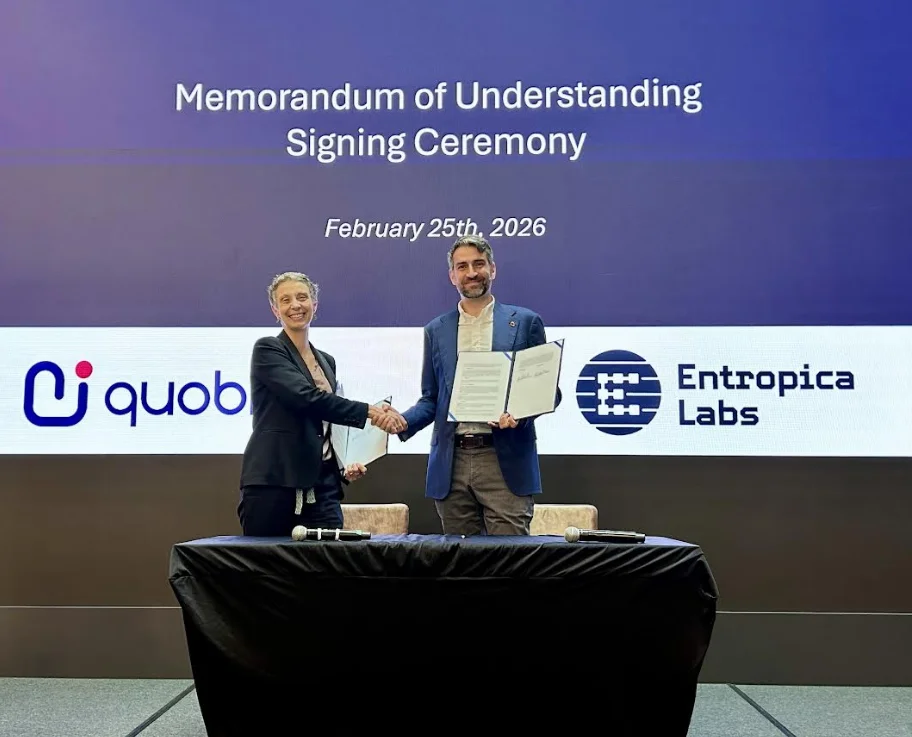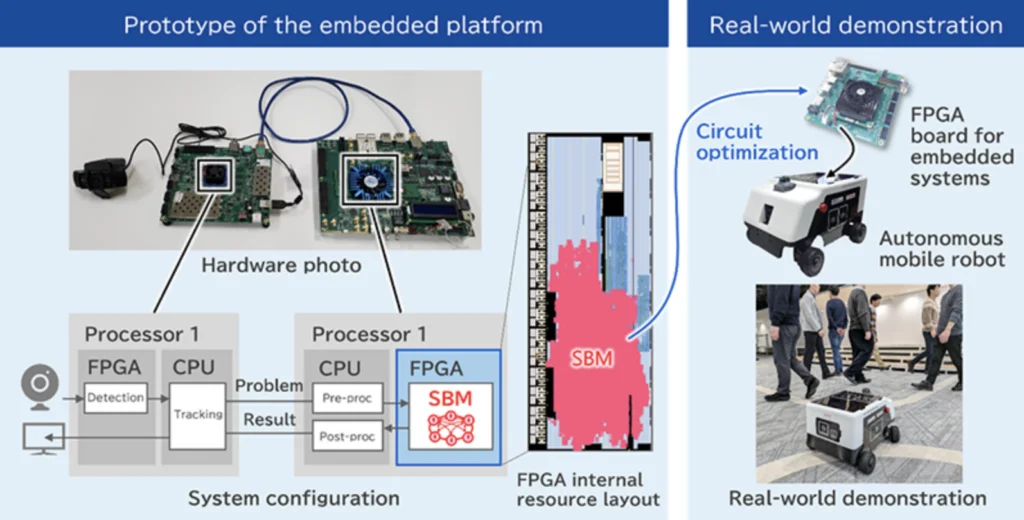Insider Brief
- The Japanese government has allocated ¥1.05 trillion ($7 billion) for next-generation chip and quantum computing research and ¥471.4 billion for domestic advanced chip production, reflecting its strategy to maintain a competitive edge in critical technologies, according to Bloomberg.
- This funding, part of Prime Minister Shigeru Ishiba’s ¥10 trillion pledge for semiconductor and AI development by 2030, underscores Japan’s focus on economic security, technological innovation and national defense.
- Recipients of past and current support include Rapidus, TSMC, and Micron Technology, with projects aimed at building advanced chipmaking and strengthening Japan’s high-tech supply chain.
The Japanese government has allocated ¥1.05 trillion ($7 billion) for next-generation chip and quantum computing research and ¥471.4 billion to support domestic advanced chip production, signaling its push to secure a competitive edge in critical technologies, according to Bloomberg.
The funding, part of a supplementary budget approved by Japan’s cabinet, is expected to receive parliamentary approval, as of the November story. As reported by Bloomberg, this effort is part of Prime Minister Shigeru Ishiba’s broader ¥10 trillion pledge to bolster semiconductor and artificial intelligence development by fiscal 2030, emphasizing chips’ role in economic security, artificial intelligence and national defense.
Japan, a global leader in semiconductor materials and equipment, is scrambling to keep pace with the U.S. and China’s massive investments in cutting-edge technology. Policymakers see advanced chipmaking as crucial to fostering domestic innovation and safeguarding key supply chains.

The ¥1.05 trillion allocation includes funds for developing quantum technologies, a field where Japan has significant expertise but faces fierce international competition. Meanwhile, the ¥471.4 billion budget for advanced chip production highlights Tokyo’s commitment to strengthening its fragmented semiconductor manufacturing base. No decision has been made on how much of the new funding will go to Rapidus, the government-backed company building leading-edge chipmaking capabilities from scratch, Bloomberg reports
Rapidus, aiming for mass production by 2027, has already received ¥920 billion for its Hokkaido factory. Other major recipients of government support include Taiwan Semiconductor Manufacturing Co. (TSMC), which is building a facility in Kumamoto, and Micron Technology, which is expanding its Hiroshima plant to produce advanced DRAM, including high-bandwidth memory.
As part of last year’s supplementary budget, the Ministry of Economy, Trade and Industry (METI) approved ¥101.7 billion in subsidies to strengthen Japan’s high-tech supply chain, Bloomberg reported. This included ¥70.5 billion for a Denso Corp. and Fuji Electric Co. project to increase silicon carbide wafer and power chip production for electric vehicles. Toshiba Corp. and Rohm Co. also secured funding to co-develop power semiconductors.















